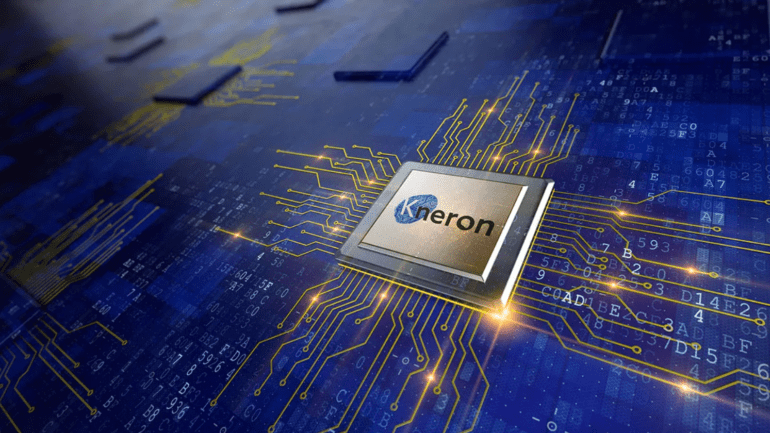TL;DR:
- Kneron, a leader in AI hardware, raises $49 million in an extension to its Series B funding round.
- Notable investors, including Foxconn and Liteon Technology Corp, contributed to the $190 million total capital raised.
- Funds will support Kneron’s go-to-market efforts in the automotive industry and expand its R&D division.
- The AI semiconductor market is projected to reach $53.4 billion in revenue, driving investor interest in chip startups.
- Kneron specializes in low-powered, reconfigurable AI chips, with a customer base spanning approximately 30 brands.
- Kneron’s strategic direction includes focusing on AI applications like autonomous vehicles.
- The company aims to challenge established players through potential collaborations with third-party vendors.
Main AI News:
In a strategic move to bolster its presence in the competitive AI chip market, Kneron, a leading player in AI hardware, has successfully raised $49 million in an extension to its Series B funding round. The impressive investment comes from a consortium of notable investors, including Foxconn, Alltek, Horizon Ventures, Liteon Technology Corp, Adata, and Palpilot. With this latest funding injection, Kneron’s total capital raised now stands at an impressive $190 million.
Kneron’s CEO, Albert Liu, revealed that these new funds will be instrumental in strengthening the company’s go-to-market initiatives within the automotive sector. Additionally, Kneron intends to expand its talented team, with a particular focus on enhancing its Research and Development (R&D) division. Liu emphasized, “The automotive market’s demand for advanced AI chips is substantial, and the rapid proliferation of AI applications is driving the need for innovative solutions. Kneron is strategically positioned with unique advantages in these critical areas.”
The surging demand for AI capabilities across industries has led to an exponential need for specialized chips designed to handle AI workloads efficiently. According to Gartner’s forecasts, the AI semiconductor market is projected to generate a staggering $53.4 billion in revenue, marking a remarkable 20.9% increase from 2022. This burgeoning opportunity has not gone unnoticed by investors, as venture capital funding for chip startups has doubled from 2017 to 2022, as reported by PitchBook data.
Kneron stands to benefit significantly from this trend, as it continues to carve out a prominent niche in the AI chip landscape. Founded in 2015 by Albert Liu and Frank Chang, both seasoned experts in the field, Kneron has focused on developing specialized hardware for AI applications, particularly Application-Specific Integrated Circuits (ASICs). These custom-tailored chips are engineered to meet specific use-case requirements efficiently. Kneron currently supplies low-powered, reconfigurable AI chips designed to seamlessly integrate with existing systems, such as the sensors utilized in autonomous vehicles. These chips are versatile, capable of running a wide range of algorithms, from facial and body detection models to text generation.
In a market teeming with competitors, Kneron has managed to establish a strong foothold. Liu proudly states that the company’s revenue has already reached the realm of “double-digit millions.” Kneron boasts an impressive customer base, with approximately 30 renowned brands, including Garmin, Naver, and Quanta. Through its acquisition of Otus, an imaging technology provider, in April, Kneron has also secured valuable partnerships within the automotive sector, notably with JVC Kenwood.
Looking ahead, Liu has outlined Kneron’s strategic direction, which includes a continued focus on AI applications such as autonomous vehicles, aiming to avoid direct competition with established industry giants. However, Kneron envisions a future where it will mount a more substantial challenge to these incumbents, potentially through collaborations with third-party vendors. Albert Liu confidently asserts, “Kneron is poised to become a significant player in this industry. Our lightweight, reconfigurable solutions address three major challenges faced by AI use cases—latency, security, and cost—enabling AI adoption everywhere.”
Conclusion:
Kneron’s successful funding round and strategic positioning in the AI chip market signify a promising future. With the increasing demand for AI solutions across industries, Kneron’s innovative approach and specialization in tailored AI chips position it as a formidable contender. As the market continues to evolve, Kneron’s growth trajectory and versatile solutions are set to make a significant impact on the industry.

